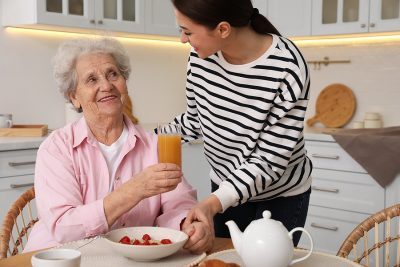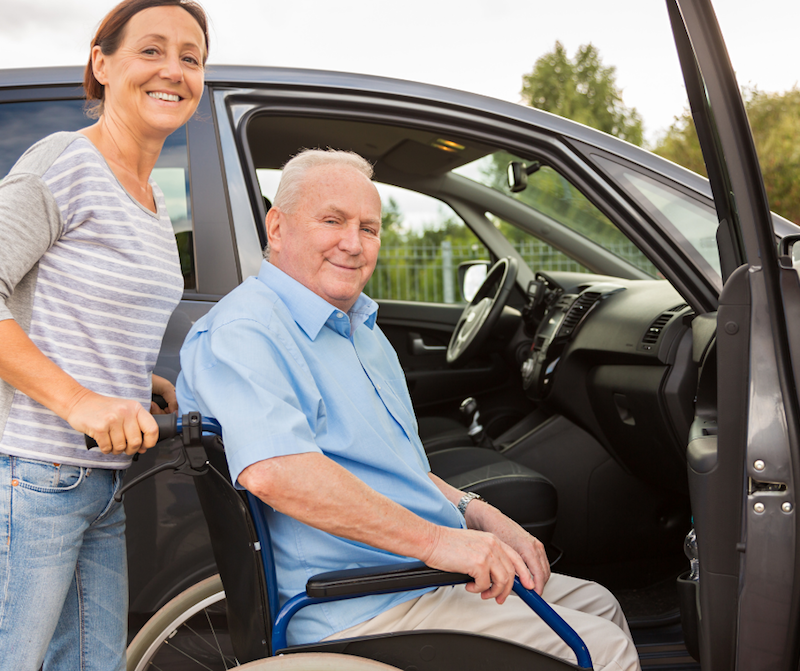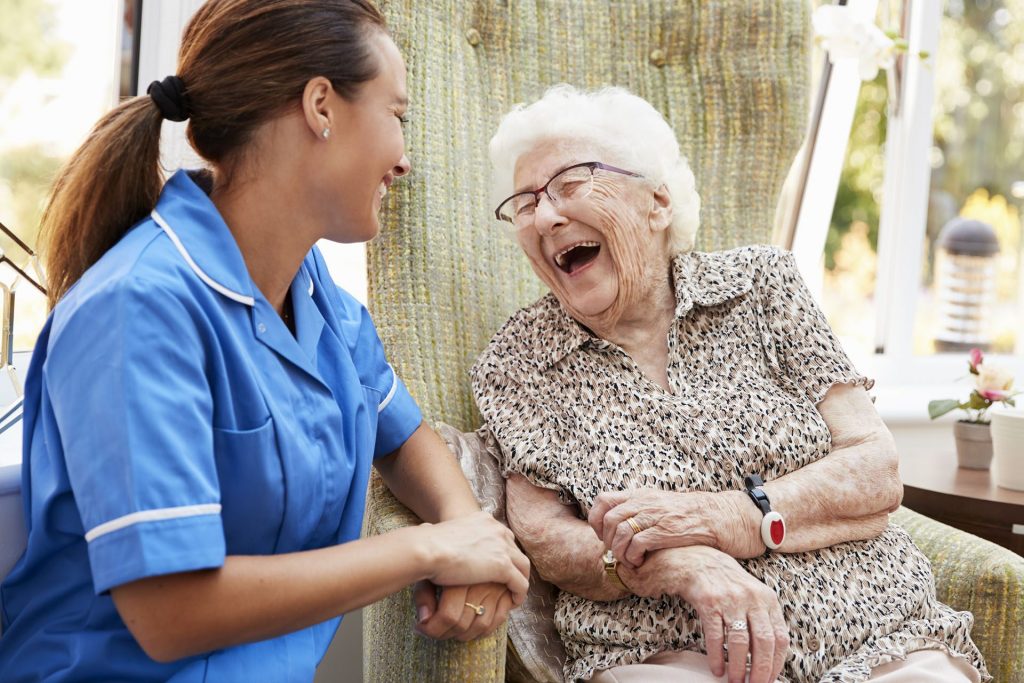Parkinson’s Care
Parkinson's Care in Chicagoland Area
Parkinson's is a unique and challenging disease for seniors. Built upon our foundational in-home care program, our caregivers are also trained in specific care techniques that provide the best quality and safest care for those living with Parkinson's.
Open Arms joined The Parkinson’s Foundation and has been provided with specialized training and programs to provide the specialized care that Parkinson’s Patients need to stay safely and comfortably in their own homes.
Learn more about what is included in-home care, our programs, and the advantages of working with Open Arms below.

What is included with in-home personal senior care?

Light Housekeeping, Personal Hygiene & Supervision
Your caregiver assists with general housekeeping, personal hygeine activities such as showering, and informing the family of any changes that may impact your loved one's health or safety.

Transportation & Errands
Your caregiver can help your loved one run errands and attend appointments.

Companionship & Hobbies
Your caregiver becomes part of the family building a meaningful relationship with your loved one and engaging personal hobbies that bring joy such as gardening and gentle exercise.
What are some of the benefits of working with the Open Arms team?
- Each client family is assigned their own care coordinator to supervise all care and manage scheduling
- Reassurance of financial protection with a bonded and insured company
- Always speak with a REAL person when you call no matter the hour!
- We can accommodate last minute schedule changes
- Enjoy more personal relationships with a local Chicagoland business
- Your caregiver always gets the latest training and personal care techniques
- Our care team is led and supervised by a registered nurse

Explore Our Other In-Home Care Programs
Personal Senior Care
My loved one is in need of more supervision than I can offer right now. They need basic assistance with things like dressing, house maintenance, and running errands.Dementia & Alzheimer’s Care
My loved one has been diagnosed with Dementia or I’m concerned they are experiencing cognitive decline. It’s becoming hard to communicate, and I’m not sure how to help.
Transitional Care
My loved one was recently treated for an accident, COPD, cancer or another illness. I need more extensive help for a shorter period of time while they recover.

